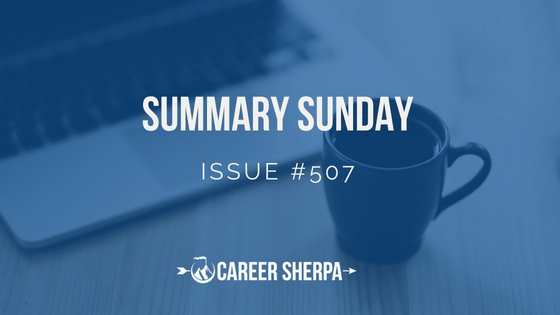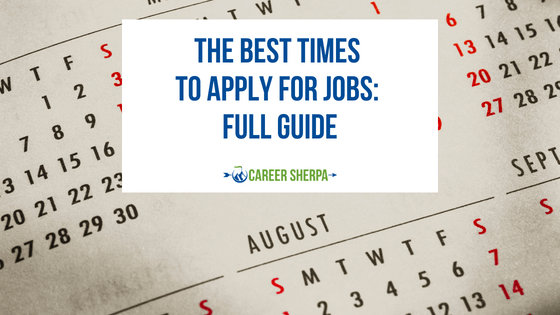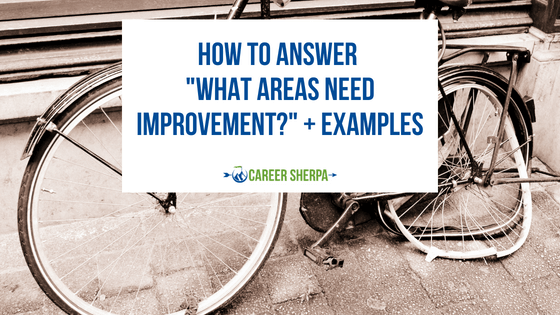
Every hiring manager looks for different skills in the job candidates they’re hoping to hire. Not only are job candidates being evaluated on the hard skills they possess; they’re also being evaluated on their soft skillsâthe skills that don’t belong on a resume but can be identified during a job interview. It’s these soft skills that separate the good employees from the great ones. Executives, managers, and other leaders within an organization keep this in mind when interviewing job candidates and reviewing the performance of current employees.
We recently asked our leading executives what’s the number one skill they need to see in every employee who works for them.
Here are their responses…
John Schembari, Senior Education Executive
Growth mindset. We live in a world of constant change. Even the best-laid plans are often shifted due to unexpected circumstances. For example. educators had no choice but to switch to teaching remotely during the pandemic. There was no time to become comfortable with the technology firstâwe had to dive in! To remain profitable, many companies also need to reconfigure services and/or products from time to time and the most successful employees are those who are always open to learning new things. One can teach skillsâthe core competencies needed to do a job in many cases. However, it is not as easy to get inside someone’s head and affect an employee’s will unless one is able to tap into that employee’s intrinsic motivations. When a growth mindset is already present, this makes any changeâeven difficult onesâjust a tad easier to implement.
John Schembari is a current K-12 teacher/school leader academic improvement coach and former school building and district administrator. He loves to draw, travel, swing dance, and read nonfiction.
John Cox, Advertising & Marketing Executive

Curiosity is one of the top things I need out of each of my team members.
That is, they must possess an acknowledgment of the fact that no one of us knows everything and they must be curious in proactively seeking out new knowledge to add to their personal toolboxes.
In my teamâs work on brand development and activation, and more specifically, digital marketing, it especially holds true that the industry, best practices, and tools used are ever changing and evolving. Maybe that involves consuming the latest books, blogs, podcasts, or following subject matter experts on LinkedIn.
In total, each team member must really have a passion for lifelong learning and constantly seek out new ways to stretch and grow in their own expertise and in the execution of their work.
John Cox has 20+ years of performance excellence in advertising and marketing, leveraging Google-certified skill sets in pay-per-click (PPC) advertising and paid search strategy, web planning and conversion measurement, and creative direction and graphic design.
Mark Taylor, Product & Operations Executive

Clear, concise written communication. Less is more.
For example, when it comes to project status âdecks,â my expectation is no more than one page (two at a push). So:
1) On-point title: sets the scene.
2) Background: one or two single-sentence bullets (the story so far).
3) Status: three to five single-sentence bullets detailing tasks completed since the last update (bad news first please).
4) Next steps: two to three bullets detailing key tasks to be done next (win my trust by making sure that these tasks are clearly reflected in the âStatusâ section when we have the update next time).
Make removing every word from the deck until it stops making sense a game.
And donât confuse ruthless editing with time wasted on âperfection.â The process of creating crystal clear prose with no excess fat is a pathway for you to get a deeper understanding of the projectâs current challenges.
Mark Taylor has 20+ years of risk, technology, and product management experience working in global and regional financial services firms in the UK and the U.S. He’s managed teams of 40+, successfully addressed 100+ regulatory issues, and has saved companies $15M+.
Steve Barriault, Global Technical Sales Management

Resilience in front of adversity.
Look, sales and field engineering are not for the faint of heart. They can often be exhilarating, but there is no doubt that they can be hard.
Each time that you step into a new account (or even an existing one), life can throw you a curveball. The budget you thought was there for your project is gone. The client forgot to tell you one key factor in their development environment that will make your deployment hellâassuming they knew anything about it at all.
Oh, and you travel for work? What do you do when the airline throws a wrench in your plans?
Trust me, I went through it all.
The best sales and field engineers are the ones that can deal with this. When facing a seemingly insurmountable challenge, they make a plan, execute, and when they failâand fail they will!âthey try again. And again. And again. Until it works or the clock times out.
No experience? I can deal with this with education. You made a mistake at times? If you never did, I would say you are not trying hard enough.
But when the going gets tough, you can’t stop and get discouraged. And that needs to come from you.
Steve Barriault is a multilingual presales, sales, and business development management professional with 20+ years of experience in the sales and marketing of software & technological solutions worldwide. He’s built sales infrastructure from the ground up, going from $0 to millions of $ through both direct sales and distributors.
Lisa Perry, Global Marketing Executive

The most important skill I look for in an employee is their willingness to learn. This includes being open-minded to new ideas, sharing their thoughts and insights with co-workers, and being able to think on their feet and solve problems at a momentâs notice, with a âcan-doâ attitude. These skills are crucial for an employeeâs personal and professional growth and contribute to the company’s overall success. The willingness to learn allows employees to adapt to new challenges, develop creative solutions to problems, and continuously improve their skills and knowledge. It also helps to foster a culture of innovation and improvement throughout the organization.
As an employee, focusing on your willingness to learn is essential to staying relevant in your career while maintaining a competitive edge in the marketplace. As the business world is constantly evolving, employees need to be able to adapt and acquire new skills and knowledge to stay current and relevant in their field. Learning new skills also enable employees to be proactive in identifying and addressing challenges and opportunities, which can lead to greater success for both the employee and the company.
Lisa Perry helps companies build leadership brands, driving loyal customers & delivering profitability. She does this through a process that builds brands consumers love. Her goal is to help companies develop, monetize, and grow their brands.
Andrea Markowski, Marketing Executive

Combining the many bits of knowledge and skills gathered over your life and applying them to your current work role can make you stand apart as a valuable asset.
For example, I learned a practical structure for theatrical acting and directing while in college. As a marketing director today, I use a modified version for a strategic framework.
How can this be? Well, both the art of theatre and the art of marketing possess crucial elements of audience psychology and message communication.
Would just any marketer know this tie-in? Probably not.
Is this something an employer would ever teach me? Nope.
When you successfully adapt a learned approach to a different function, you bring a fresh perspective through pattern recognition and critical reasoning.
Your ability to connect the dots from your past jobs and life experiences to your current role brings creativity and innovation that just canât be taught. It is a skill I seek and highly encourage in team members.
Andrea Markowski is a marketing director with specializations in strategy development, digital tactics, design thinking, and creative direction. She has superpowers in presentations and public speaking.
Ana Smith, Talent Architect & Global Learning Strategist

Self-awareness would be the skill that I would like to see in every employee I work with!
The main reason is that self-awareness is a mindful consciousness of your strengths, weaknesses, actions, and presence. And therefore, self-awareness requires having quite a clear perception of your mental and emotional states.
When you have a deep and meaningful self-awareness, it allows you to react to different situations and understand what triggers habitual responses for you, how you relate to other people, and why you feel the way you do toward certain individuals, amongst other areas.
Self-awareness is very important and can bring benefits in both your personal life and professional life. For example, it can help you identify what you like about your job and how to build a successful career path that can keep you motivated and fulfilled by your work.
How do you build this skill? These are a few ideas:
- Assess your own capabilities – with a high level of self-awareness, youâll see where you can excel and where you can grow.
- Find a peer coach – someone you trust and respect who is willing to support you in your self-awareness journey.
- Practice mindfulness – being aware of your surroundings without imposing any personal biases.
- Be willing and open to receiving feedback – in order to grow you need to listen to different perspectives.
And let’s not forget that like with any skill, it is a journey!
Ana Smith helps people & organizations achieve their full talent potential by developing and co-creating people strategies and customized solutions, and turning them into impactful outcomes and collaborative relationships, using coaching as the “red thread.”
What’s the #1 skill you need to see in every employee who works for you? Join the conversation inside Work It Daily’s Executive Program.

















































